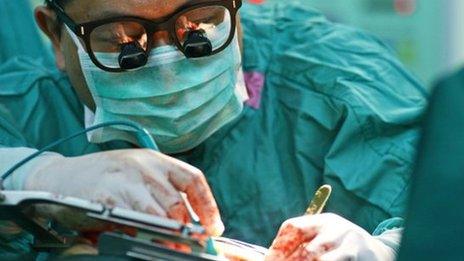Critical care units 'too full and understaffed'
- Published
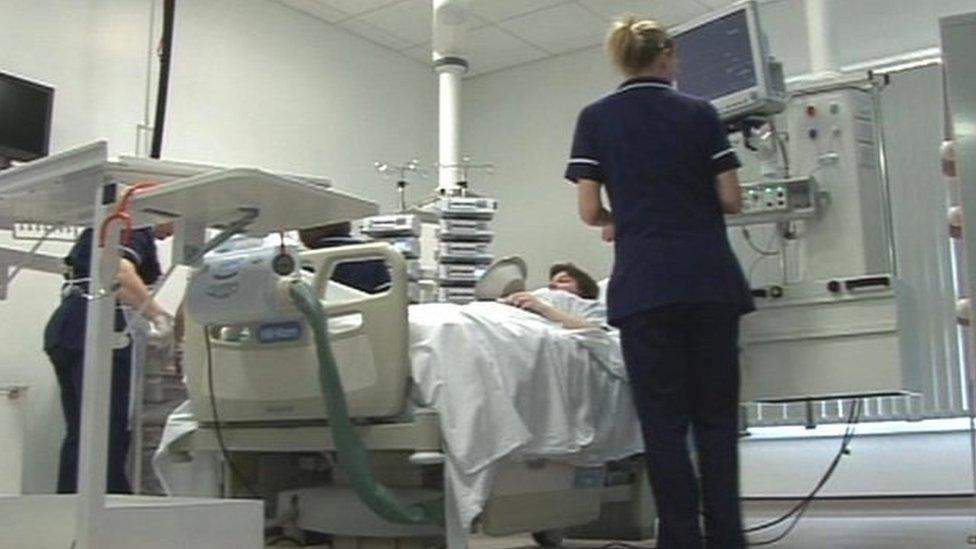
Demand for critical care is rising but more patients are surviving, the report says
Hospital departments that treat the most seriously ill patients are too full and seriously understaffed, a Welsh Government report has said.
Critical care units have been over capacity at periods of high demand.
In January 2015, bed occupancy across Wales was at 107% - while Intensive Care Society guidelines suggest a maximum of 70%.
Occupancy levels higher than this can lead to cancelled operations and delayed admissions to hospital.
The report also said with an ageing population, "demand for critical care services will outstrip current supply levels".
'Uncertainty'
It added serious staff shortages means "the current workforce is beginning to experience added stresses and uncertainty".
The report noted that according to the latest workforce survey, 50% of Welsh critical care units do not meet professional standards for consultant staffing and 80% do not meet all the standards for junior staffing.
The Welsh Government, according to the report, expects health boards in the next 12 months to develop "a clear plan" to address the shortfall.
The report also warned of too many delays in discharging patients from critical care units, with two thirds (66%) of all critical care patients delayed for more than four hours, affecting almost 4,000 patients.
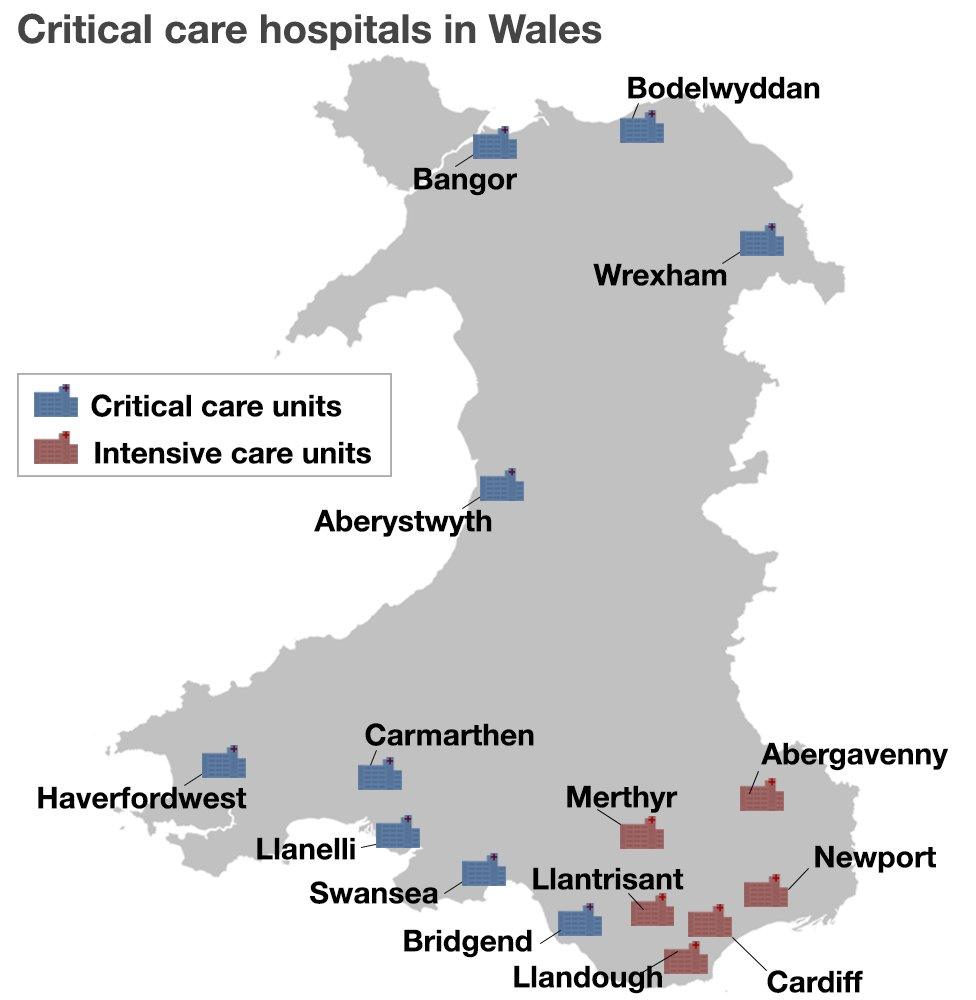
It is as a result of "problems with whole hospital flow - with hospitals running at maximum capacity with no spare ward beds", the report added.
The Welsh Government wants 95% of patients discharged within four hours.
Last December the Royal College of Surgeons expressed concerns that many scheduled operations including major ones were having to be postponed at the last minute because of a shortage of intensive care beds.
However, in terms of death rates, the report said it was "encouraging" that almost all sites are in line with what would be expected at most units.
Survival rates
But there is some concern that death rates at Wales' biggest hospital - University Hospital of Wales, Cardiff - are slightly higher than expected.
The Welsh Government said Cardiff and Vale Health Board is "expected to take action to ensure they return to within control limits as soon as possible".
Health Secretary Vaughan Gething said: "We know there are areas where care is improving - crucially, we have seen an increase in survival rates and reductions in the numbers of patients who are re-admitted to critical care soon after leaving it.
"This report demonstrates our commitment to transparency and also sets out where the NHS needs to improve so that we can make sure people have access to excellent critical cares across Wales."
Dr Andrew Goodall, chief executive of NHS Wales said the flow of patients through hospitals and into the community is key to success.
He added: "This can only be resolved by health boards adopting a whole hospital approach to critical care.
"We will continue to work with them closely and take account of both these reports during the refresh of our delivery plans in Wales."
Welsh Conservative health spokeswoman Angela Burns said the report "flags some serious issues which are significantly hampering the NHS' ability to deliver the appropriate level of care to some of its most vulnerable patients".
- Published7 December 2015
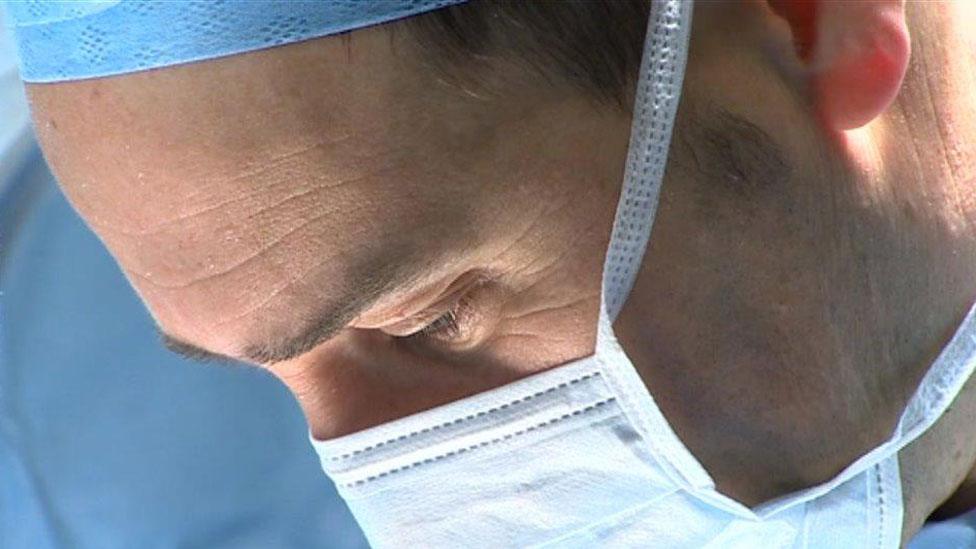
- Published8 October 2015
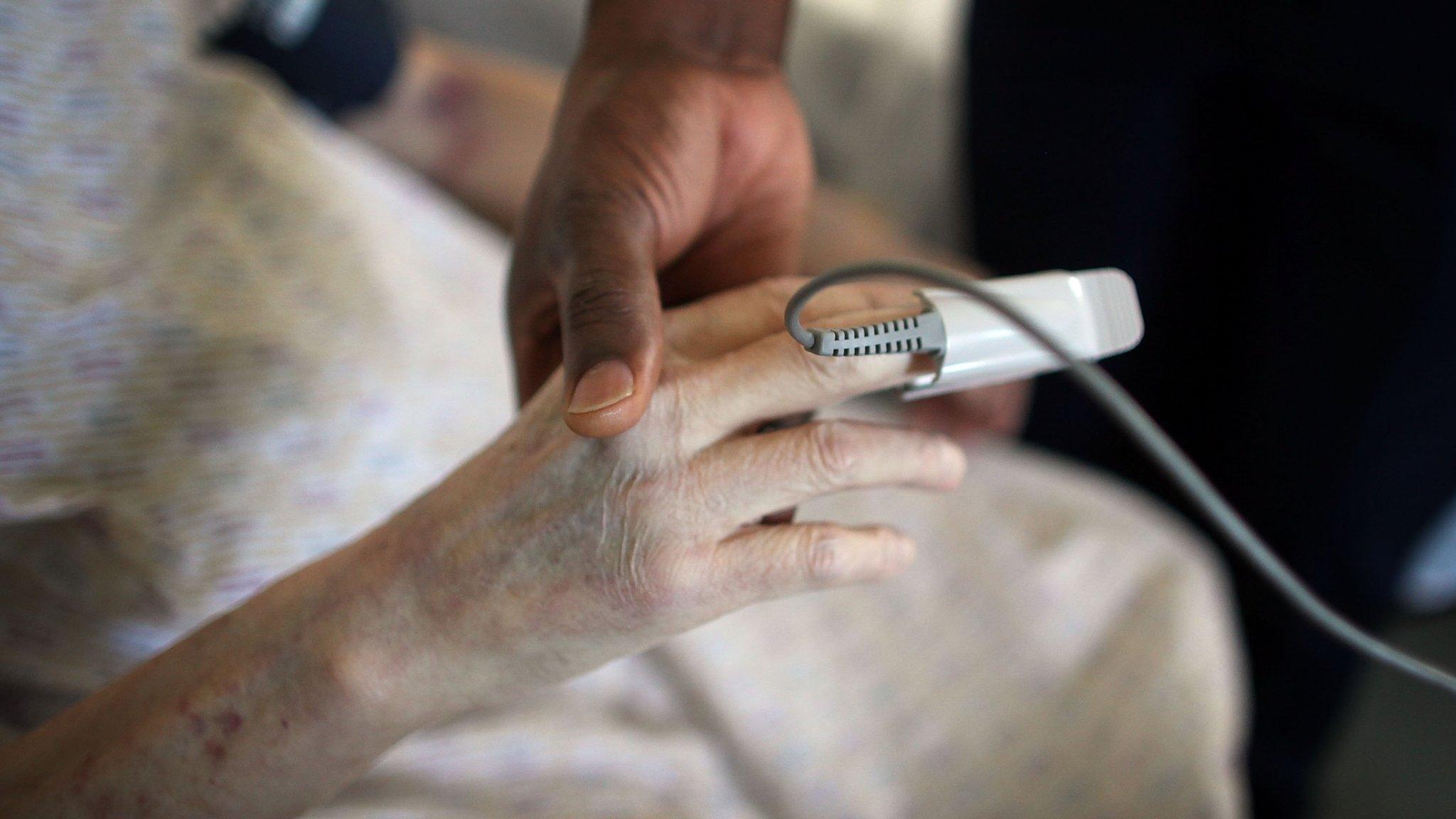
- Published18 August 2015
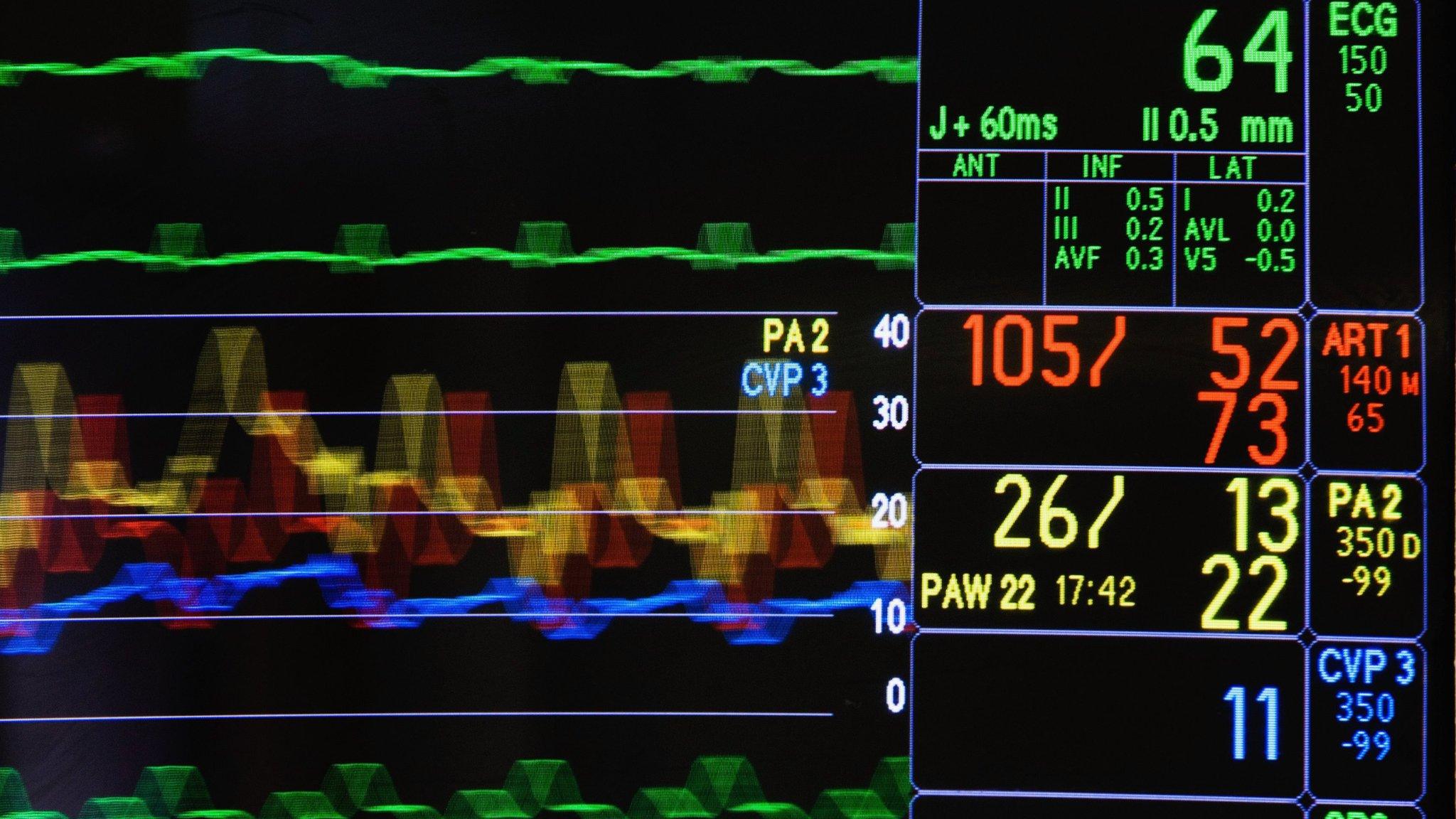
- Published30 May 2014
